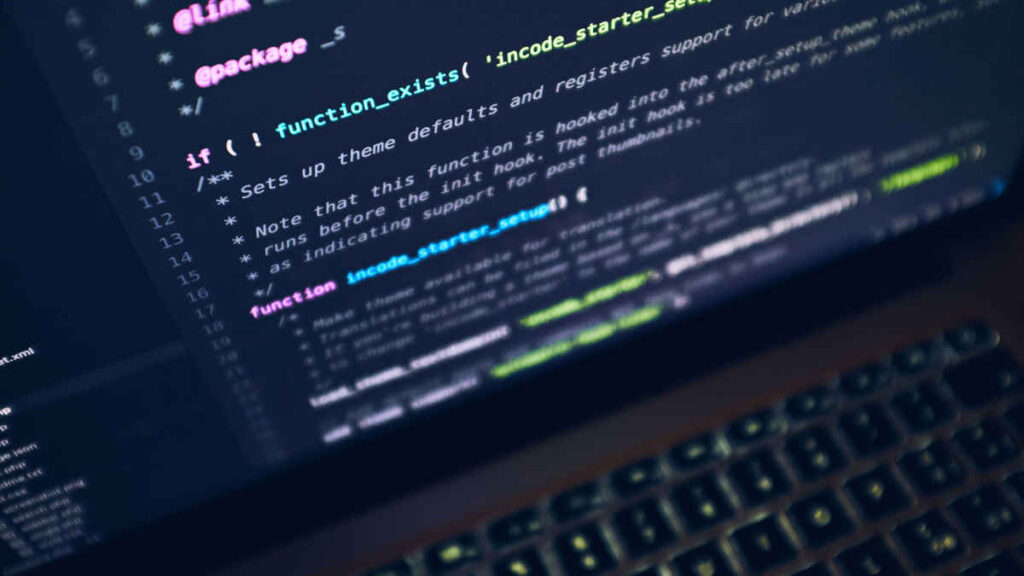When thinking and talking about tools you need as a poker player, the focus is usually on poker-specific tools, like hand trackers, HUDs, solvers, ICM calculators, etc. However, if you play online for serious amounts of money, there is a whole different set of apps and programs not specific to poker that will make your life much easier.
These are tools designed for people who spend a lot of time online and need additional layers of protection and/or privacy. Online poker players certainly belong to this category, regularly transferring large amounts of money and making their living playing a game where information is everything.
If someone is able to watch your screen while you’re playing, for example, it doesn’t matter how good a poker player you are – they will beat you. Some of the best players in the world had the unfortunate pleasure of experiencing this firsthand.
So, in this article, we’ll discuss three essential non-poker tools that every serious poker player needs to have installed on their PC or laptop to reduce their exposure.
#1 Quality Antivirus Software
The better you become at poker, the bigger the target on your back will be for various online thieves and scammers who are always on the lookout for their next mark.
One of the easiest ways to gain access to someone’s computer is by using a ready-made Trojan virus, which, once installed on the host device, gives attackers full access to the machine. Attackers don’t even have to be that good with computers themselves; all it takes is one wrong click on the part of their victim, and they’ll be in.
Quality antivirus software is your first line of defense against these types of attacks. Sure, AV programs aren’t perfect, and it’s possible to slip something past them, but they’ll protect you against a large percentage of well-known threats out there.
Of course, you still need to adhere to common-sense good practices, such as not clicking on any links in emails from unknown senders and not accepting any files from people you don’t trust 100%. But, with a good antivirus solution, even if you make a misstep, there is a good chance that whatever malicious software was sent your way will be stopped in its tracks.
#2 VPN
In recent years, VPNs have gained a lot of popularity, and you’ve probably seen countless ads for different VPN apps all over the place. Their primary goal is to help with the protection of your privacy. But do you need one as a poker player?
There are a few things worth discussing on this particular topic.
First of all, you should know that many of the regulated poker sites don’t allow the use of VPN while playing, and by doing so, you’ll run a risk of having your account banned and your funds confiscated. So, before you do anything, you should consult the Terms and Conditions of the particular operator to see what their position on VPNs is.
Of course, some operators are fine with it, such as the ones named on this list of casinos that work with VPNs. Where allowed, accessing the site via VPN can be useful to give you access to location-restricted games or allow you to use certain region-specific payment methods.
Beyond this, using a VPN while online can be quite useful, as it can make it harder for cyber criminals who might be targeting you to gather sensitive information, such as your location, IP address, and other specific info about your computer or home network.
So, only use VPN while playing on sites that explicitly allow it. Outside of playing, using a VPN to protect your private information is generally a good practice.
#3 Google Authenticator
As an online poker player, you can never be too careful about your passwords. Using a tool like Google Authenticator will give you an additional layer of protection, making it very hard for anyone to access your poker accounts, emails, or e-wallets, even if they somehow get hold of your password.
Setting things up takes a few minutes, and it is something you need to do for your peace of mind. In a world that’s becoming increasingly digital, you want to put as many layers of protection between your sensitive accounts and countless threats out there.
If you don’t want to use Google Authenticator for whatever reason, there are other tools that do the same thing, so just go with a different solution. Either way, you’ll add a robust layer of protection to your accounts, which will discourage thieves and scammers, and they’ll likely move on in search of an easier target.
